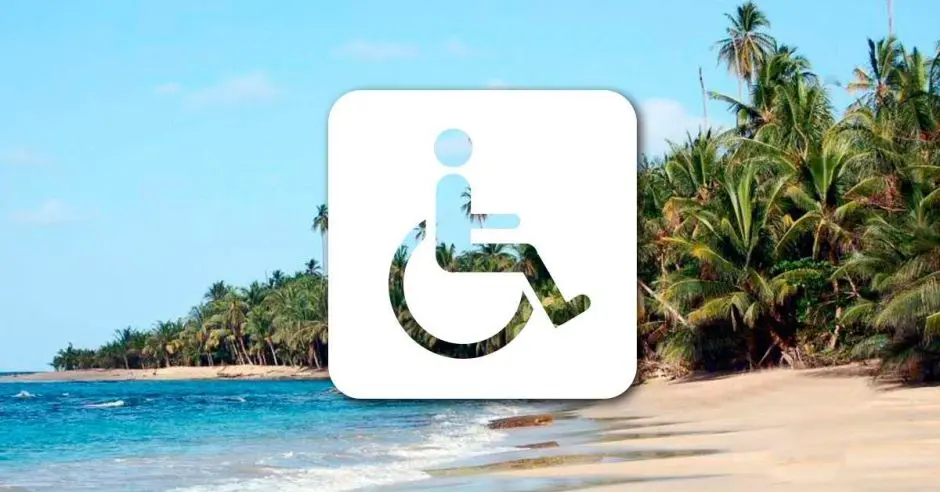At the early age of 17, when she was just beginning to outline her professional future at an Alma Mater, a young woman from Nicoya rubs shoulders with the big leagues of global environmental movements that fight, among other fronts, against global phenomena such as climate change, the reduction of carbon dioxide emissions and consumption practices that produce polluting materials such as single-use plastic.
However, in the short life of Janina Guevara Flores, a resident of the El Carmen neighborhood of Nicoya, she has been part of environmentally friendly initiatives such as a project to replace dishwashing sponges that swell the list of waste, with some pastes as a more eco-friendly solution, a plan that, together with other classmates, she developed at the Humanistic College of the National University in that Guanacaste city.
This impetus for leadership in change initiatives helped her to be selected to travel to Azerbaijan (between Western Asia and Eastern Europe) where she became the only student from Central America to participate in the United Nations Conference on Climate Change (COP 29), a multilateral forum that brings together delegates from around the world to limit the increase in global temperature to less than 1.5 degrees Celsius.
Janina was present at the #Decarbonize program, a theme that brought together young people from more than 70 countries to create a “Global Manifesto” in relation to their concerns and climate proposals that was presented at the event.
Great aspirations
The young student spoke with the press to learn about her experience in the planetary forum that fights in favor of the causes of sustainability and; in addition, to specify the contribution of the new generations of the Guanacaste canton in favor of nature-friendly lifestyles.
Jeanina, how did this initiative come about for you to travel to COP 29?
Well, the Colegio Humanístico offers membership to a team called Decarbonize, which was born from a Non-Governmental Organization (NGO) from Canada called Central For Global Education, where many young people participate with projects on topics such as, for example, mitigating the effects of climate change. The school allows you to join this club through an interview that selects three people, and I was one of them. Last year we competed with a project to eliminate plastics at the school.
What was that project about at the school?
Well, we chose plastic sponges for washing dishes, so when we selected that plastic we started a whole movement to get them removed from the school and how we were going to replace them with sponges to raise awareness. In addition, a competition was held, a team from Ukraine won and we came second, and from that competition we got to the COP 29 Program that deals with decarbonization, two other colleagues of mine (Diego Medina and Andrea Castro) traveled to Cali, Colombia, to another biodiversity activity.
Specifically, what did your participation in COP29 consist of?
I was the only delegate from Costa Rica, I had a special case in the Blue Zone of COP 29 where decisions are made, where you meet Presidents, Ministers and Diplomats from all over the world.
How did your inclination for environmental issues come about?
First of all, because I live in Nicoya, a place where it is a rural region and the way I have seen how it has been transformed there, mainly affected by industrialization with new businesses, we have pollution and deforestation that affect the area, there is also the issue of these very strong rains that we have now, that affects daily life in my town.
What should be done to get more young people involved in environmental initiatives?
My recommendation is that they have a mentor, a person who guides them in this field. The Colegio Humanístico has been a great guide because they encourage environmental care and participation, the Colegio is a great idea. I also recommend that social networks be used to generate an impact. Young people are already accustomed to using social networks and can use them to spread those messages.
Does the curriculum of the Colegio Humanístico in Nicoya have any subject on this type of topics?
Yes, of course, in the tenth grade curriculum there is a subject called Ethical Problems and Dilemmas of the Contemporary Era, it is focused on environmental issues, but it includes that aspect. The professor, Francini Oses, teaches that course and is the director of the Decarbonization group at the Colegio, she promotes those topics a lot. She is the person who has most promoted environmental issues at the Colegio.
– Advertisement –
Source link
TCRN STAFF



